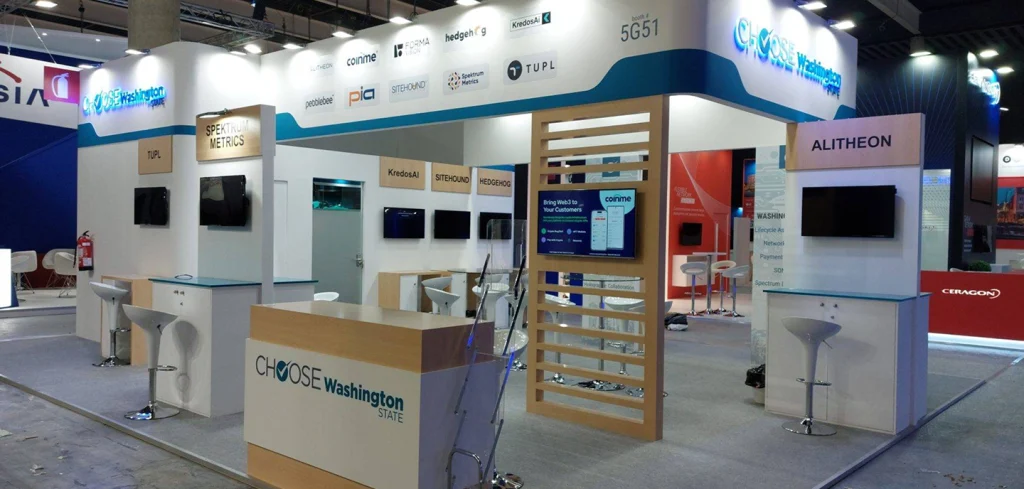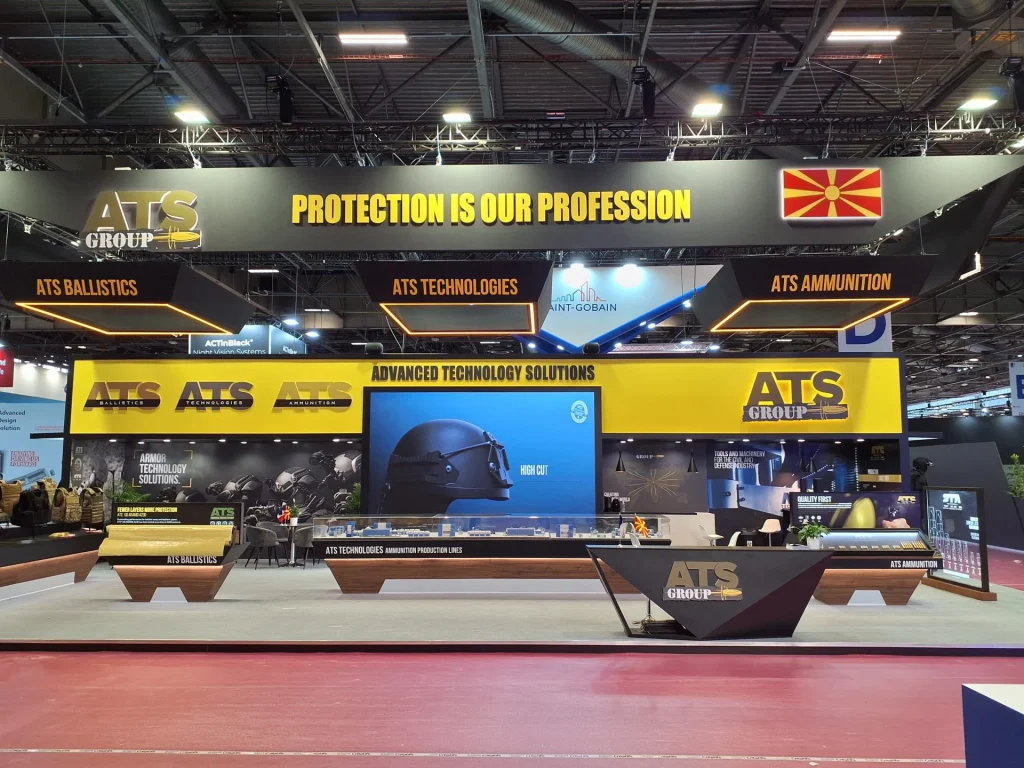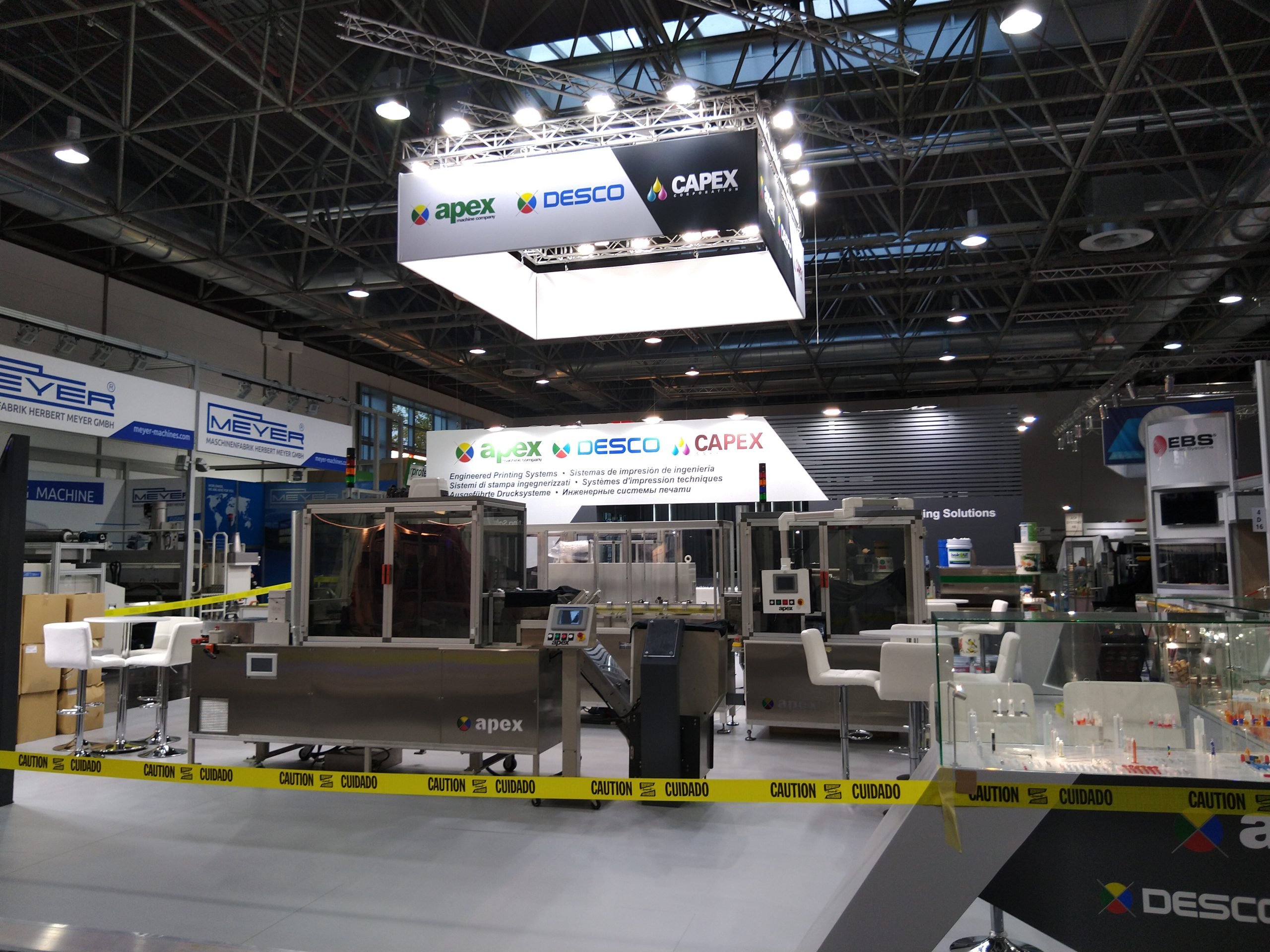
Introduction: The Power of Free Trade in European Exhibitions
The European Union’s free trade policies have significantly shaped the exhibition and trade show industry, making it easier for businesses to expand internationally, reduce logistics costs, and optimize supply chains. With open borders, duty-free movement of goods, and streamlined regulations, the EU enables exhibitors to set up trade show booths efficiently, transport materials seamlessly, and reach a broader audience without bureaucratic delays.
This article explores how the EU’s free trade advantages impact the trade show exhibit industry and how exhibitors can leverage these benefits for international success.
1. Free Movement of Goods: Faster & Cost-Effective Trade Show Logistics
Why It Matters: One of the biggest challenges for global exhibitors is the high cost and complexity of transporting booth materials across borders. The EU’s Single Market eliminates these barriers, ensuring smooth logistics and lower costs for trade show exhibitors.
Key Benefits for Exhibitors:
- No Import Duties or Tariffs – Businesses can transport exhibition booth materials and sample products across EU countries without customs fees.
- Simplified Customs Procedures – Since the EU functions as a single economic bloc, exhibitors avoid complex customs declarations when moving materials between member states.
- Lower Transportation Costs – Without tariffs and extra paperwork, exhibitors save money on shipping, freight, and storage.
For exhibitors, this means fewer delays, faster booth setup, and reduced overall expenses when attending multiple trade shows in Europe.
2. The Schengen Agreement: Seamless Travel for Exhibitors & Attendees
Why It Matters: The Schengen Agreement allows visa-free travel across 27 European countries, making it easier for exhibitors, sales teams, and attendees to participate in trade shows across the region.
How This Benefits Trade Show Exhibitors:
- One Visa, Multiple Markets – A Schengen visa grants access to multiple trade shows across different EU countries without additional travel restrictions.
- Easier Business Networking – Companies can send their teams to multiple events across Europe without the hassle of visa applications for each country.
- Faster Trade Show Planning – Fewer bureaucratic barriers mean businesses can attend last-minute trade shows without travel disruptions.
For global exhibitors, the Schengen zone provides an unparalleled advantage in terms of efficiency and accessibility.
3. Free Trade Agreements Extend Beyond the EU
Why It Matters: The EU’s extensive network of Free Trade Agreements (FTAs) extends beyond its borders, benefiting exhibitors from outside Europe who wish to enter the market.
How Non-European Exhibitors Benefit from EU FTAs:
- Easier Market Entry – Many non-EU companies benefit from reduced import/export restrictions under EU trade agreements.
- Duty-Free Imports for Trade Show Samples – Exhibitors from countries with preferential trade agreements can bring in materials without incurring high tariffs.
- Lower Costs for Booth Components – Companies sourcing booth materials from partner countries (e.g., Canada, Japan, UK) benefit from duty-free trade policies.
This global network of free trade agreements makes the EU a key hub for international exhibitors looking to expand into new markets.
4. Unified Regulatory Standards: Consistency Across Trade Shows
Why It Matters: In other regions, exhibitors face varying regulations across different countries, making booth setup complex. The EU’s standardized trade regulations eliminate these inconsistencies.
Advantages of a Unified Regulatory Framework:
- Harmonized Product Standards – Exhibitors don’t have to modify their products or displays to meet different national regulations within the EU.
- Consistent Booth Safety & Compliance Rules – Standardized fire, electrical, and sustainability regulations make it easier to design and reuse booths across multiple trade shows.
- Streamlined Material Sourcing – Booth builders can use EU-certified sustainable materials that comply with regulations across all European venues.
For exhibitors, this simplifies booth design and logistics, allowing companies to focus on branding and engagement rather than navigating complex legal requirements.
5. The Impact of Free Trade on Exhibition Booth Design & Manufacturing
Why It Matters: The ability to source high-quality, cost-effective materials across the EU has transformed the way exhibition booth design companies operate.
Key Changes in Booth Manufacturing & Design:
- Cross-Border Material Sourcing – Booth manufacturers can source sustainable materials from across Europe, ensuring high-quality and cost efficiency.
- Localized Production Hubs – Many custom exhibit builders have facilities in multiple EU countries, reducing shipping times and costs.
- Sustainability & Circular Economy Integration – The EU promotes recyclable, modular booth designs, allowing exhibitors to reuse structures at multiple trade shows.
This free trade environment fosters innovation, cost savings, and sustainability in booth manufacturing.
6. Cross-Border Business Expansion Through Trade Shows
Why It Matters: Trade shows are an effective gateway for international businesses looking to expand into multiple European markets. The EU’s free trade policies make it easier for companies to establish a regional presence.
How Free Trade Supports Business Expansion:
- Testing Multiple Markets at Lower Costs – Businesses can attend trade shows in several EU countries without additional tariffs or logistical barriers.
- Easier Distribution & Partnerships – Companies can form regional partnerships and distribute products across the EU without trade restrictions.
- Stronger Market Penetration – With fewer barriers to entry, brands can establish a long-term presence in Europe through trade shows.
For companies seeking to expand globally, Europe’s trade show landscape provides a cost-effective platform for long-term success.
7. Sustainability & Trade Show Innovation in the EU
Why It Matters: The EU is setting global standards for sustainability in trade show booth design, encouraging exhibitors to adopt eco-friendly booth materials and energy-efficient practices.
Sustainability Trends Shaped by Free Trade Policies:
- Access to Sustainable Materials – Free trade agreements facilitate the import and export of eco-friendly booth materials across Europe.
- Carbon Footprint Reduction – With free movement of goods, companies can source materials locally instead of relying on international shipments.
- Regulations Favoring Circular Economy Booths – The EU promotes booth designs that can be disassembled, reused, and recycled.
Exhibitors that align with Europe’s sustainability focus can enhance their reputation and meet future regulatory requirements.
8. Future Trends: How Free Trade Will Shape European Trade Shows
What’s Next for Exhibitors in the EU?
- More Digital & AI-Integrated Booths – Free movement of tech innovations will enable seamless booth automation and real-time data tracking.
- Growth in Cross-Border Hybrid Events – The EU’s integrated market will allow companies to blend in-person exhibits with online experiences.
- Expansion of Green & Carbon-Neutral Trade Shows – Regulations will continue driving sustainable trade show initiatives across Europe.
The free trade policies in Europe will continue to evolve, offering even greater opportunities for exhibitors worldwide.
Conclusion: The EU’s Free Trade Policies Drive Exhibition Success
The European Union’s open trade policies make it one of the most exhibitor-friendly regions in the world. From lower logistics costs and simplified customs regulations to seamless travel and sustainable booth innovations, the EU provides an ideal environment for businesses looking to maximize trade show success.
For exhibitors seeking cost-effective expansion, easy booth transport, and exposure to multiple markets, leveraging the EU’s free trade advantages is essential for long-term success.
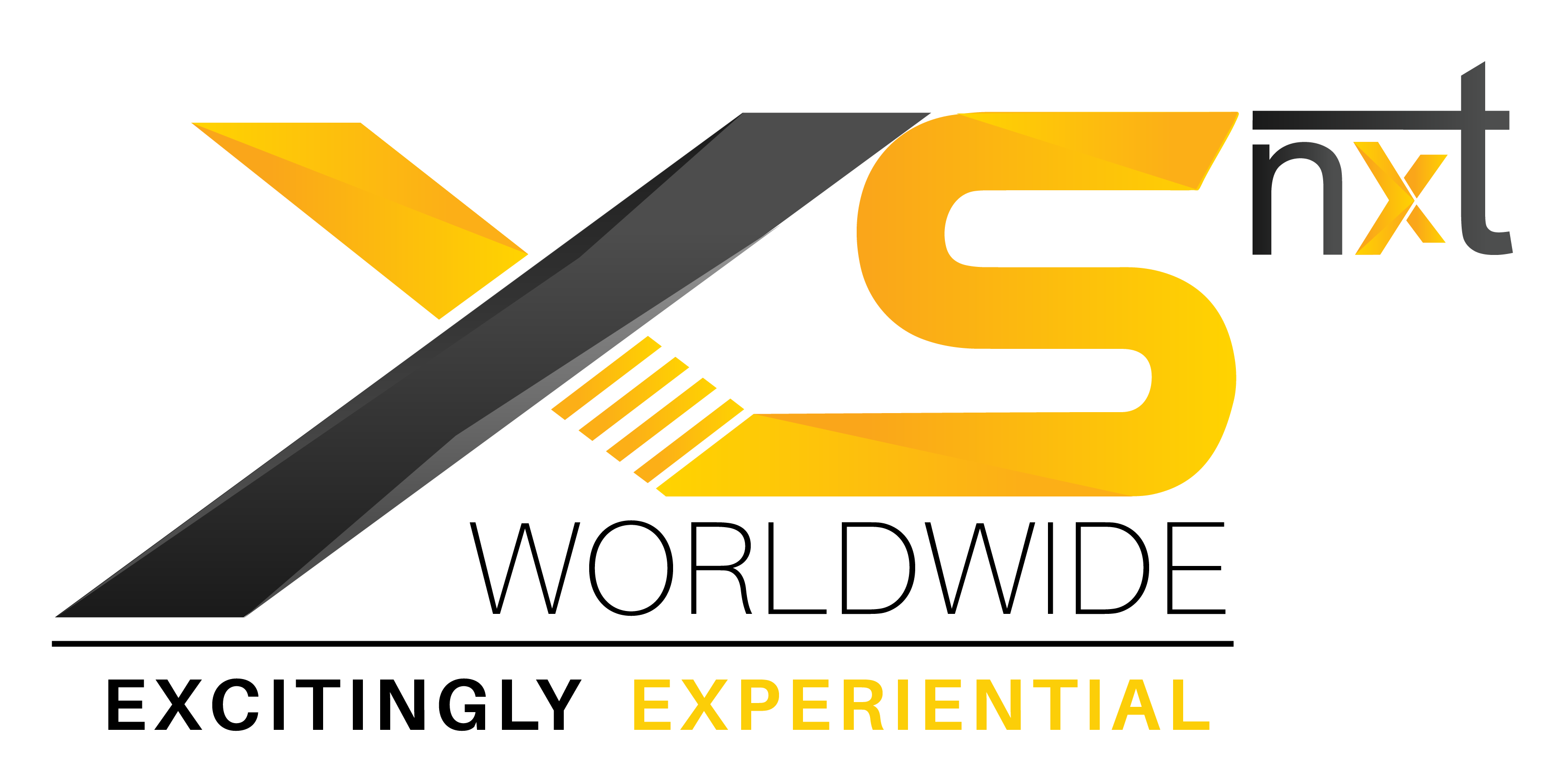
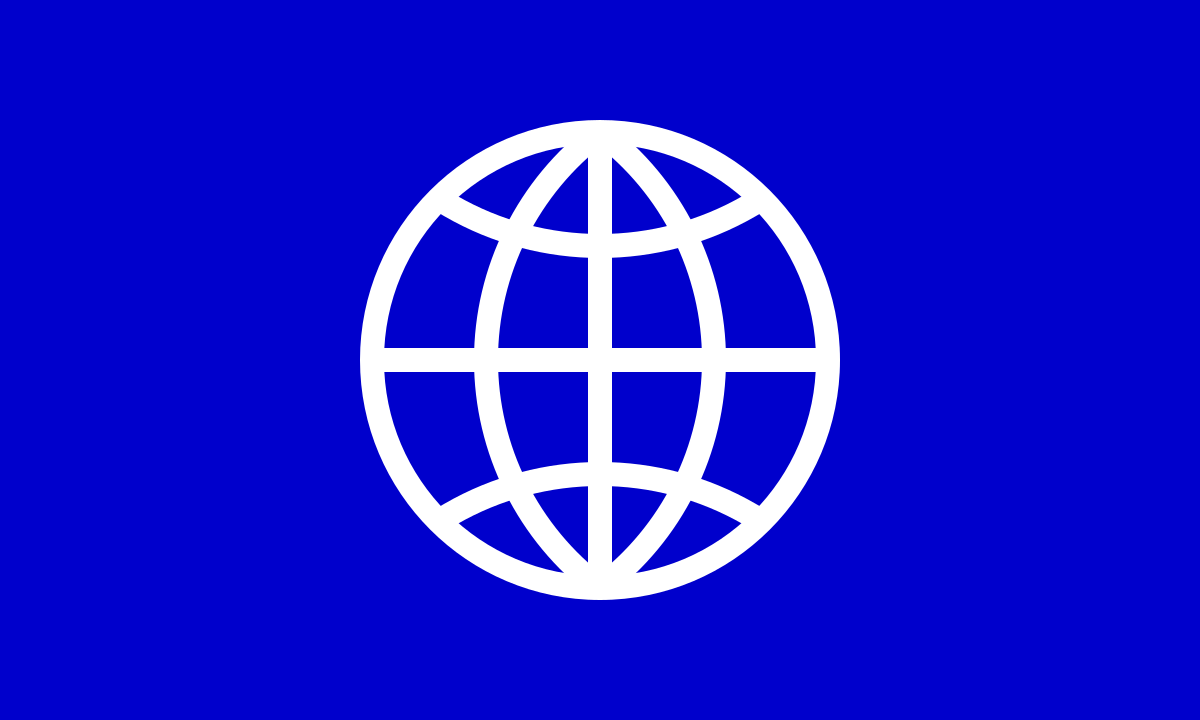 Global
Global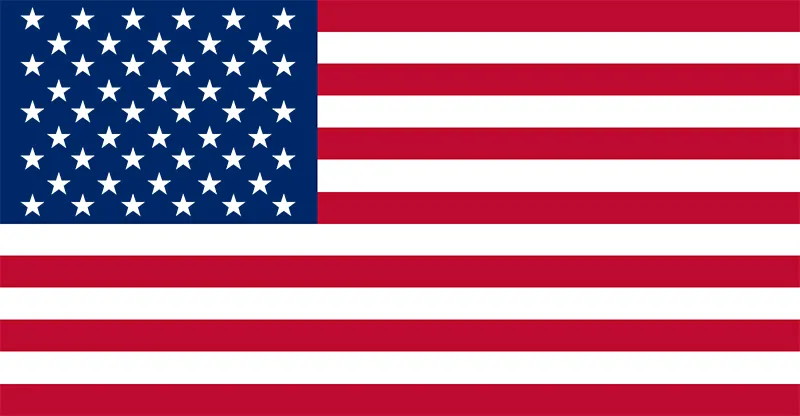 USA
USA